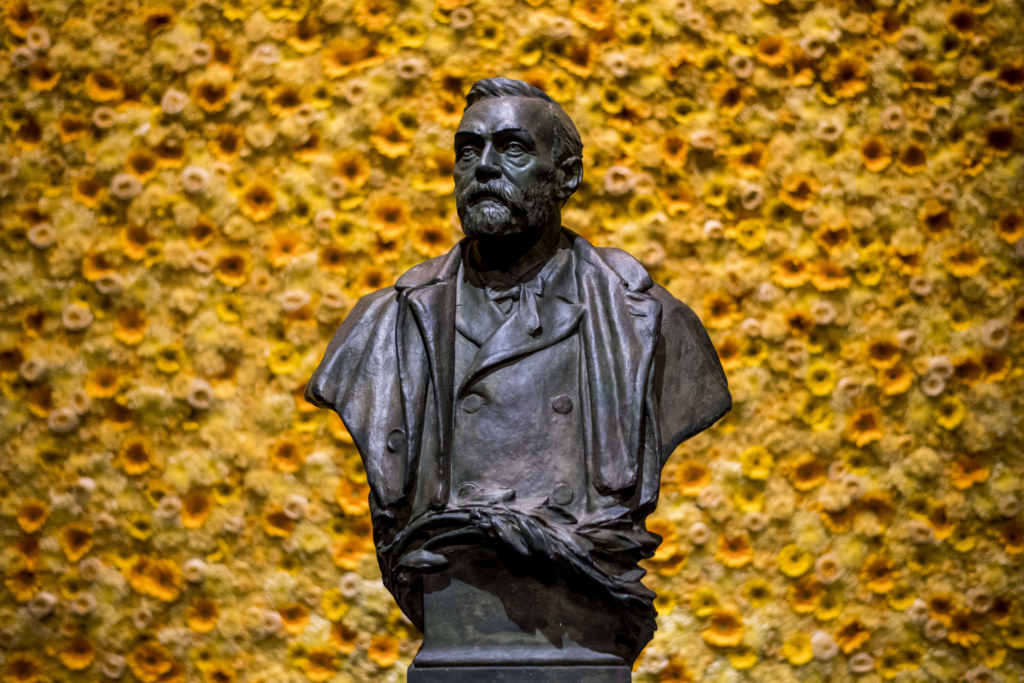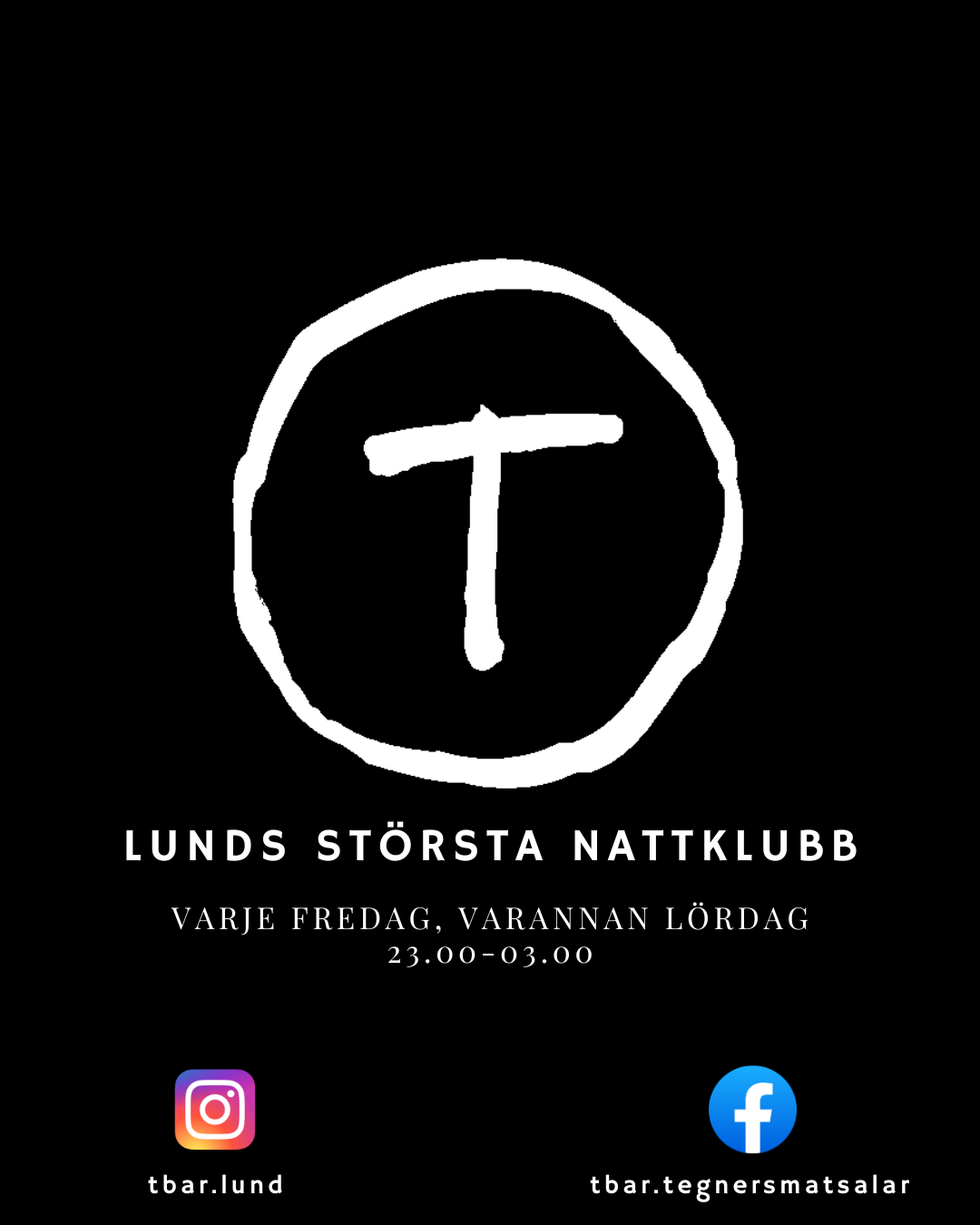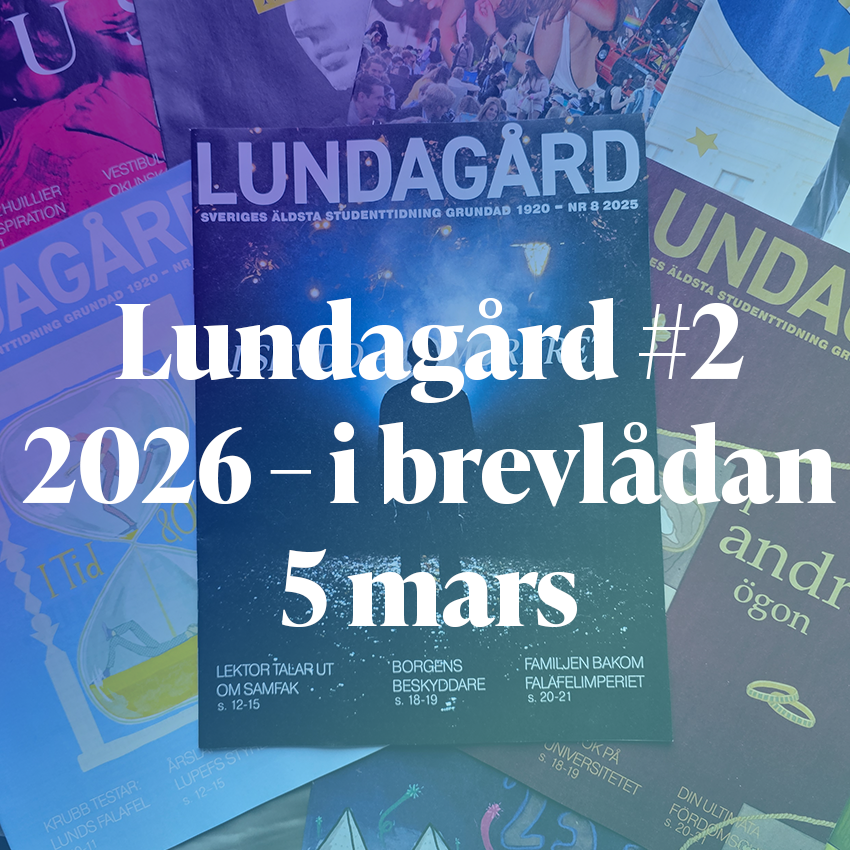Joel Mokyr, Philippe Aghion and Peter Howitt have been awarded the 2025 Sveriges Riksbank Prize in Economic Sciences in Memory of Alfred Nobel for their work regarding innovation and economic growth. Lund Economics professor Tommy Andersson explains their findings.
The award is not technically a Nobel prize but is instead awarded by the Sveriges Riksbank. Despite this difference, the prize is still judged against the same criteria as the Nobel Prizes and is chosen by an economic science committee.
Half of the 11 million kronor prize was awarded to economic historian Joel Mokyr for his work on how the channels that allow technological development can create economic growth. Historically, there was a lack of economic growth despite innovation occurring. This changed by the 19th century with many countries experiencing sustained economic growth rather than stagnation.
Mokyr explains this to be due to a rise of a new type of knowledge. Before the industrial revolution, knowledge was typically prescriptive, providing rules instead of explanations. By the end of the industrial revolution a new type of knowledge emerged, this was propositional knowledge, meaning it explained how an invention or concept worked. Without the scientific propositional knowledge, people did not always understand how inventions worked. This meant they were often unable to develop existing knowledge and create advanced innovations which in turn could produce economic growth.
The remaining half of the monetary prize was split between economists Philippe Aghion and Peter Howitt for their creative destruction theory, outlining how growth requires innovations to be developed. This means older obsolete innovations need to be destroyed to make way for newer more efficient models.
Lund Economics Professor Tommy Andersson explains that:
– Both innovation and creative destruction are key for economic growth. Thanks to economic growth we can have better medicine, longer vacations, all sorts of things that make our lives better.
Regarding the decision to divide the award between three, Tommy Andersson who is a member of the committee that decided the winners says:
– Both Mokyr, the economic historian and the economists Aghion and Howitt study the same type of problem but from different angles using different methods
When asked to explain the importance of the studies to people with little economic knowledge, Andersson answers:
– Something happened in the late 1700s and the beginning of the 1800s where we started to get economic growth for the first time in history. It’s important to understand why this happened and why major inventions before didn’t lead to economic growth.










